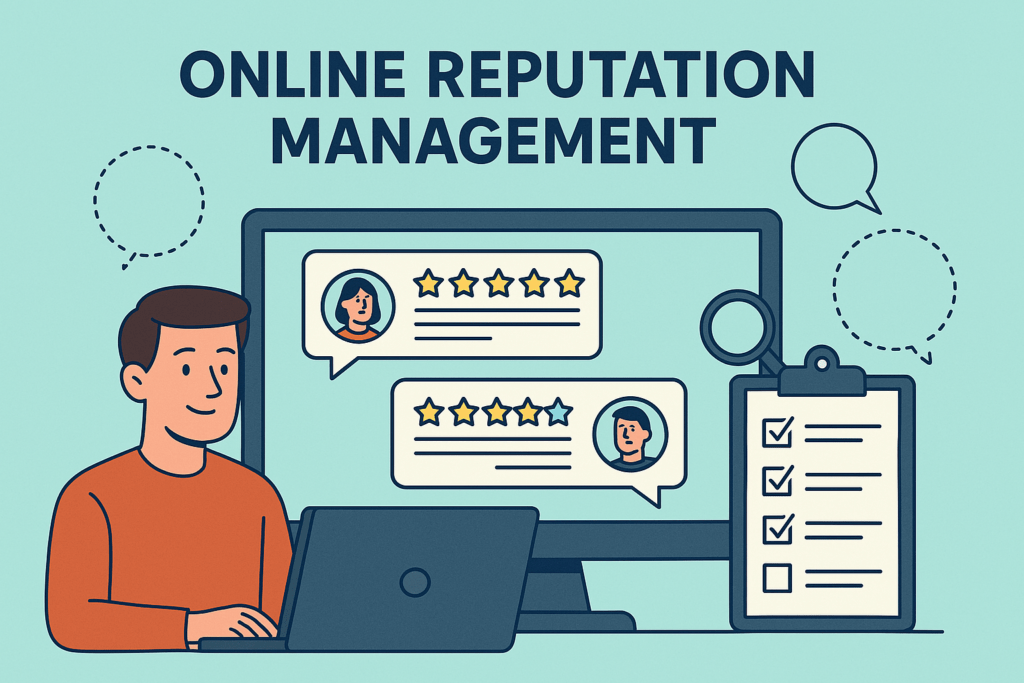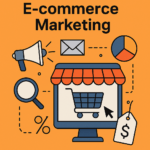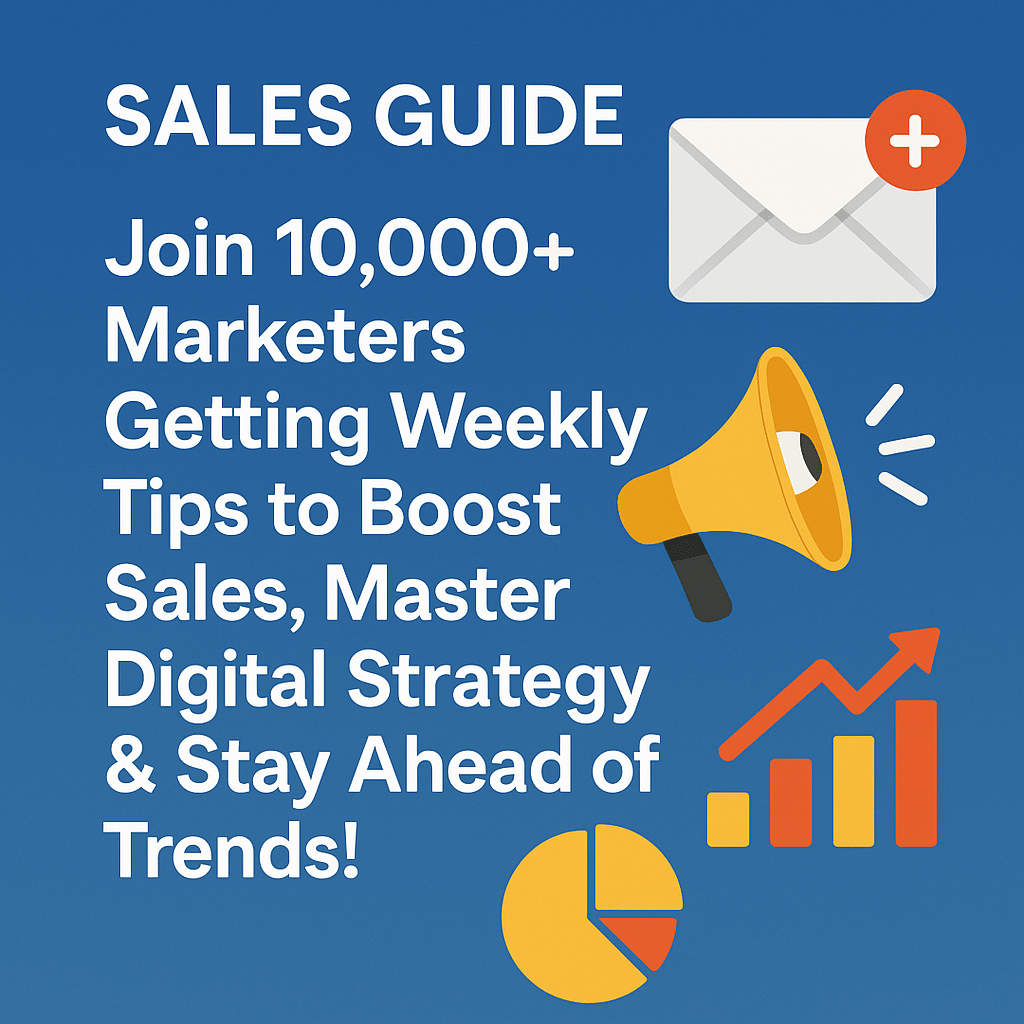Introduction
In today’s hyper-digital world, Online Reputation Management (ORM) is no longer optional—it’s essential. Whether you’re running a local business, an e-commerce site, or a personal brand, your online reputation directly impacts customer trust, sales, and overall success. In this comprehensive guide, we’ll break down what ORM is, why it matters, and how to create a powerful strategy to manage your brand’s digital image effectively.
What is Online Reputation Management (ORM)?
Online Reputation Management (ORM) refers to the practice of influencing, monitoring, and managing how a brand or individual is perceived online. It involves tracking mentions, responding to reviews, handling negative feedback, and publishing positive content to enhance your public image.
Think of ORM as your digital PR. It’s not just about damage control—it’s about building a strong, trustworthy presence across search engines, social media, review platforms, and online communities.
Why Online Reputation Management Is Crucial in 2025 ?
- Consumers Trust Online Reviews
- According to a recent BrightLocal survey, 87% of consumers read online reviews before making a purchase.
- A single negative review can cost businesses up to 22% of potential customers.
- First Impressions Happen Online
- For most people, Google is the first place they form an impression about your brand.
- If your brand doesn’t look good in search results, you’re losing trust—and revenue.
- Recruitment and Partnerships
- Job candidates and business partners often research your company online.
- A negative reputation can scare off top talent and lucrative deals.
Core Elements of an ORM Strategy
Monitoring Your Online Presence
Use tools like Google Alerts, Brand24, or Mention to track mentions of your brand name, products, and executives.
2. Review Management
- Actively ask for reviews from happy customers.
- Respond to negative reviews with professionalism.
- Use platforms like Trustpilot, Google Reviews, and Yelp.

3. SEO and Content Creation
- Publish high-quality blog posts, press releases, and social media content.
- Optimize for keywords like “best [your product/service]” to outrank negative content.
4. Social Media Management
- Maintain active profiles on platforms like LinkedIn, Facebook, and Instagram.
- Address customer complaints quickly and publicly.
5. Crisis Management Plan
Prepare templates and action plans for handling PR crises, data breaches, or bad press.
Best Practices for Online Reputation Management
✅ Be Proactive, Not Reactive
Don’t wait until something goes wrong. Build a solid foundation of trust before a crisis strikes.
✅ Engage With Transparency
Own your mistakes. Consumers appreciate honesty more than cover-ups.
✅ Leverage Influencer Marketing
Positive mentions from niche influencers can help bury negative search results.
✅ Regularly Audit Your Brand
Google your business often. What do you see on the first page? Make improvements where needed.
Real-World Example of ORM in Action
A classic example of ORM success is Domino’s Pizza. In 2009, the brand faced a crisis when a damaging video surfaced online. Instead of hiding, the company responded transparently, revamped its recipes, and launched a campaign that acknowledged its flaws. The result? A massive comeback and one of the most notable examples of effective Online Reputation Management.
Tools to Help with ORM
| Tool | Purpose |
| Google Alerts | Brand monitoring |
| SEMrush | SEO and keyword tracking |
| Hootsuite | Social media management |
| Brand24 | Online mentions tracking |
| Trustpilot | Review management |
Common Mistakes to Avoid
- Ignoring negative reviews
- Using fake reviews
- Deleting or hiding criticism without response
- Not monitoring your brand’s online presence
How ORM Helps Sales and Conversions ?
Your online reputation acts as your digital salesperson. A 5-star rating with glowing reviews leads to more trust—and more conversions. On the flip side, unresolved complaints can create doubt and hesitation.Internal Link Suggestion:
Want to convert traffic into sales? Read our guide on E-commerce Marketing
Conclusion
In the digital age, your brand’s success is deeply tied to its online image. Online Reputation Management isn’t just a defensive tactic—it’s a growth strategy. By proactively managing reviews, publishing positive content, and responding transparently, you can build a trustworthy brand that stands the test of time.
💬 Need Help or Ready to Get Started?
We’re excited to help you grow your business with our expert content marketing services!
👉 Looking for a custom strategy or blog content that drives real results?
Let’s talk! Our team is ready to create SEO-optimized content tailored to your brand.
📩 Click below to contact us and get started with our paid services:
We usually respond within 24 hours.





